The following piece is by Tony Louthan, a grad student at Georgetown’s SFS, and edited by yours truly.
As the news last week made its way across the Pacific, state media and independent commentators gloated at Trump-induced chaos. In a picture published on Xinhua’s Weibo account, student volunteers from Dalian Ocean University delivering epidemic prevention supplies in Liaoning are featured next to Trump demonstrators scaling the Capitol.
Caption: Student volunteers from Dalian Ocean University brave the wind and snow to deliver epidemic prevention supplies//Protesters break into the Capitol, the protest riots have led to the death of at least 4 people. One commenter under the article punned ‘抗疫与抗议’)
Many zeroed in on the double standards American government and media hold on protests in the U.S. and Hong Kong. Videos, pictures, articles, and posts filled Wechat and Weibo criticizing how Western media reserved terms like “riot” and “mob” for Trump supporters while generally applauding Hong Kong democracy demonstrators. Online commentators and official spokespeople from the Ministry of Foreign Affairs picked up on a line that Nancy Pelosi used in 2019 to describe the Hong Kong protests as “a beautiful sight to behold,” and sarcastically re-applied the phrase to describe the situation in DC. The Chinese translation of that phrase, “亮丽风景线”, trended all weekend on Weibo.
The following are a series of excerpts from articles about the U.S. mobs making the rounds on WeChat:
“A beautiful sight to behold” → “An attack on democracy”
Jan 8 from Guanchazhe, leading online media platform founded in 2010.
More than a year ago, the violent marches in Hong Kong were praised by Nancy Pelosi "as a beautiful sight to behold", but now when American demonstrators stormed the Capitol these actions are condemned as a "shameful assault on democracy.” These attempts to manipulate understanding of the two events by the Speaker of the U.S. House of Representatives Pelosi, are an example of "old double standards."
On the issue of Hong Kong, the "double standard" is that Pelosi has repeatedly and blindly praised the rioters and thugs while she has condemned the Hong Kong police.
It is clearly documented on the website of the Speaker of the U.S. House of Representatives that in June 2019, Pelosi described the violent demonstrations in Hong Kong as "a beautiful sight" and used words like "praise" and "courage" in her comments.
The most-liked comment from Guanchazhe’s coverage of US riots runs as follows:
China's development depends on its own tireless efforts, whether the situation in the U.S. is chaotic or not, neither situation can stop China's development. Therefore, I humbly offer some advice to U.S. journalists, do not assume such patronizing attitudes! In view of 5,000 years of [Chinese] cultural history, the United States is just a drop in the ocean!
Riot! Trump supporters storm US Congress, bodies fall, gunfire erupts, Trump’s twitter account banned
College Daily, Jan 8
College Daily, the tremendously popular and controversial WeChat account for Chinese students studying abroad, published a meandering essay arguing that the DC mobs augur the end of the American governance as we know it.
It asserts that due to the existence of independence groups in California, Texas, and the city of Seattle, that there is a non-trivial chance of states seceding. The writer of the article, Jia Rui (佳睿), takes California Governor Gavin Newsom’s statements of California being a “nation-state” out of context. The writer even appears to have invented quotations for Newsom, citing that Newsom at one point said “whatever the cost, California must break away from the United States” (he didn’t).
Despite such inaccuracies and falsehoods, it received well over 100k reads, including from some of our very well educated acquaintances, highlighting worrying trends concerning Chinese views on the U.S. Indeed, positions articulating the imminent collapse of the U.S. in contrast to China’s peaceful rise have gained serious traction across the Chinese internet. Articles like this one in College Daily are becoming increasingly influential in shaping the more cosmopolitan perspectives of China’s middle and upper classes. They deserve closer attention in the west, even if wading through their content is more than a little nauseating.
The article concludes on an indulgently graphic note stating that implying that the end of the U.S. is nigh.
No democracy can be unilaterally thrown into disorder and mislead the public with lies, so who should Americans really believe and whose leadership should they really obey?
How can the beliefs in the U.S. federal system continue to exist?
A pustule is broken and a bunch of termites run out - America, the seemingly impregnable but actually loose confederation, is being gnawed on by secession with reckless abandon, the bricks and mortar of America are crumbling and the country is in jeopardy!
The top comment reads: What do you mean a mob? They are the guardians of democracy!
Trump supporters storm the U.S. Capitol: Thoughts on American Democracy and Chinese Institutions
While the previous two examples followed the more mainstream logic of Chinese nationalism vis-a-vis the U.S., there were still examples of less gloating and more substantive commentary on American politics. Complaining about the lack of insightful coverage of the U.S. Capitol mob in Chinese media, Ren Yi (HKS-educated grandson of Ren Zhongyi, CCP member since 1936 who played a leading role in Reform and Opening as Guangdong Party Secretary in the early 1980s) aka Chairman Rabbit laments:
What is sad and lamentable is that part of our [Chinese] media is immersed in gloating and cannot objectively discuss the whole phenomenon of the American riots to the domestic public and cannot guide public opinion to explore or think about these problems. It is actually very bad for our own development to blindly vilify the U.S.
Ren Yi’s wide-ranging essay analyzes the main currents of American political culture while pushing back against conventional Chinese understandings of American social and political problems.
Like other Chinese media outlets, Ren Yi draws quick parallels to political violence in Hong Kong. Though Ren doesn’t hesitate to label the pro-Trump mob as bigotted fascists, he argues that the same animating political forces of nativism and racism drive the Hong Kong democracy movement. As Ren puts it:
Democracy and "peace and justice" are just Hong Kong protesters’ tactics, not their values. In the Western political spectrum, they belong to the right wing/extreme right wing. Their contemporary counterpart are American Trump fans. They treat Mainlanders the same way white supremacists treat Blacks and Latinos in America, and the same way the Nazis treated Jews. [ed. Ren Yi always seems to come back to the Holocaust…]
However, Ren argues against the idea that democratic regimes are inherently weak, something he states many “Chinese public intellectuals” believe. Rather, the fundamental problem with America’s democratic system, according to Ren, is that at the national level “America is too big and covers too large and diverse a population and community for democracy to work.” He views America’s ethnic and political diversity as a source of political weakness, arguing that democratic political systems can only be effective “when there is one homogenized ethnic group.” “Western liberals,” he says, “are unwilling to acknowledge the primitive instinct and tendency to group people together by race.” It is this general lack of political reflection coupled with the blind acceptance of the superiority of American political system that Ren believes prevents the U.S. from making much needed changes. As he glumly sums up toward the end of his piece:
“Give me liberty, or give me death!” In practice, Americans would rather tolerate a society with higher crime rates (China's real-name system and information technology can help reduce crime rates), greater chaos and uncertainty, more than 300,000 COVID-19 epidemic deaths, and even subversive challenges to their own political establishment (the 2020 presidential election), than give up and concede their rights.
At the heart of this is, in fact, a type of selfishness. Only it is crowned with the noble definition of freedom, democracy, and human rights.
What is more interesting is that [valuing liberty] is completely tied to American values and patriotism, making a group of American "super-patriots" willing to defend this freedom (a freedom that pits the individual against the government at the expense of the individual, society, and the country, and believes that this freedom does not harm but promotes the interests of the individual, society, and the country). [Love of liberty] is probably the ultimate expression of America’s institutional and cultural self-confidence. Unfortunately, this self-confidence has caused the U.S. to lose the ability to introspect. This loss of self-reflection is the same as the Qing Dynasty when it was in decline.
The Trump administration handed Chinese media plenty of material to work with to drive home their critique of America and democracy in general. Nationalism sells, particularly in the Xi-era media ecosystem.
Keep in mind that most recent coverage of events in the U.S. serves as a form of virtue signalling. Whereas the United States has floundered its way through the pandemic, been unable to curb political violence, and unable to meet the demands of its citizens, the CCP can claim it was able to deliver stability, prosperity, and growth. Expect China to continue to play up these comparisons to the United States well into the future.
Want to Intern for ChinaTalk?
If you have strong English language writing skills and can confidently translate Chinese, I may have 5-10 hours/week of paid work for you. If interested, respond to this email with some past writing of yours, three links to mainland writing you think should be covered in ChinaTalk (WeChat articles, Zhihu/Weibo/Douban posts, and academic work all fair game), and a few sentences on why you think each link is interesting.
Tweets of the Month


Would be great to see some more established public intellectual types take on this challenge too.

Current students: do this!



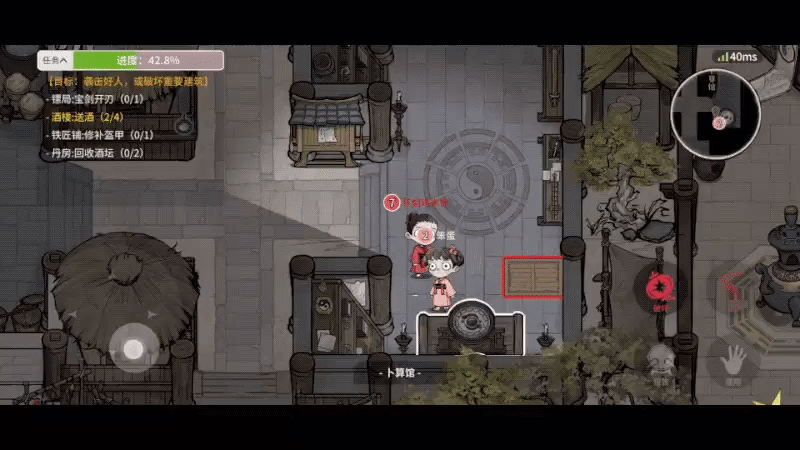



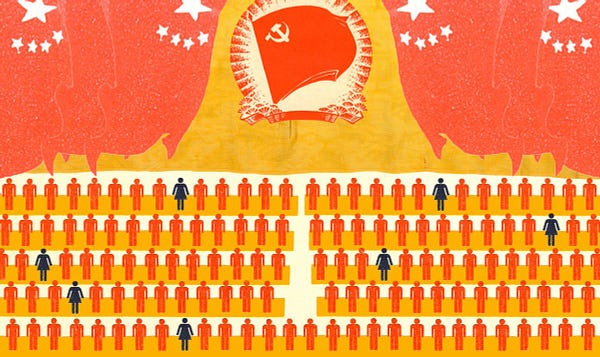
Thread


Thread

The original tweet was a challenge to show the camps are a problem without reference to Zenz.


Thread

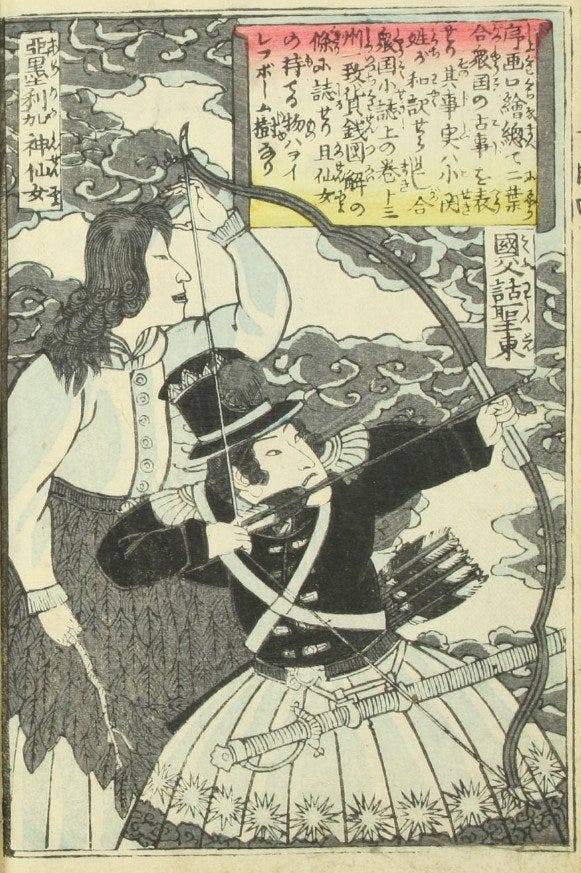

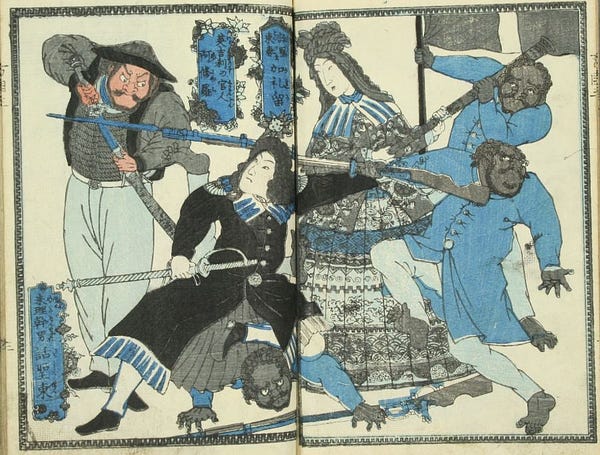
There are like 15 of these






And if any transition folks are still struggling to pick a China Director for the NSC, I’m just saying my man Josh Allen knows how to move the ball forward. Let’s go Bills!




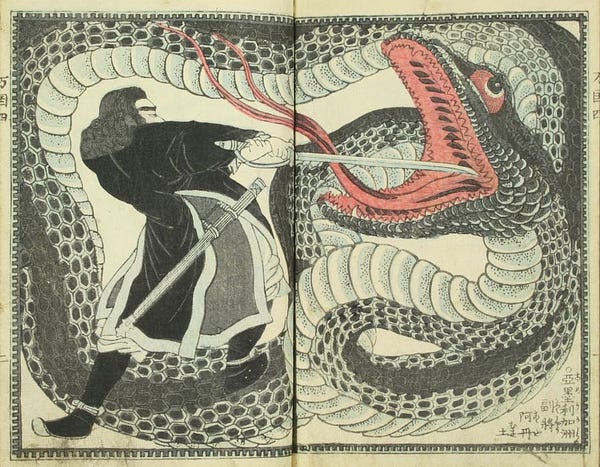


Hello Jordan, hope you’re keeping safe in NYC! Amidst the global turmoil, I’m sure that like myself, you find yourself reminiscing over memories from Beijing.
A friend referred me to this piece and the internship opportunity mentioned. Please follow this link http://sdlt.asia/blockchain-fintech-insights/ to a blockchain blog that I write for. Also here are a couple of links to past writing I did whilst studying at THU: https://www.tsinghua.edu.cn/en/info/1187/1232.htm; https://www.tsinghua.edu.cn/en/info/1187/1230.htm; https://www.tsinghua.edu.cn/en/info/1187/1231.htm.
As for three interesting pieces of Chinese writing that could form the basis for ChinaTalk articles:
1. https://zhuanlan.zhihu.com/p/123356248
Insightful and important to explore the cultural differences between Eastern versus Western countries, which has been reflected in their distinctly different responses to and attitudes towards the pandemic.
2. https://mil.news.sina.com.cn/china/2021-01-14/doc-ikftssan5905994.shtml
After a year like 2020 with the intense conflict between pro and anti-globalisation sentiment – US withdrawal from WHO, UK’s official exit from the EU, etc. – it’s worth highlighting the new kind of globalisation that is taking shape, which is not being led by Western countries…
3. https://cn.nytimes.com/usa/20201116/biden-climate-china/
Climate change is back on the US agenda and with increasing pressure on governments due to growing civilian awareness, readers would be interested to review whether there is potential for unity/healthy competition between China and the US.
Look forward to hearing from you, feel free to connect on LinkedIn (https://www.linkedin.com/in/alice-emily-osborne/). Let me know if you would also like to see my translation of a Chinese article. Last year translated a piece about the employee persecution scandal at Huawei’s Shenzhen HQ. Happy to share this with you too!
Take care :)
Alice